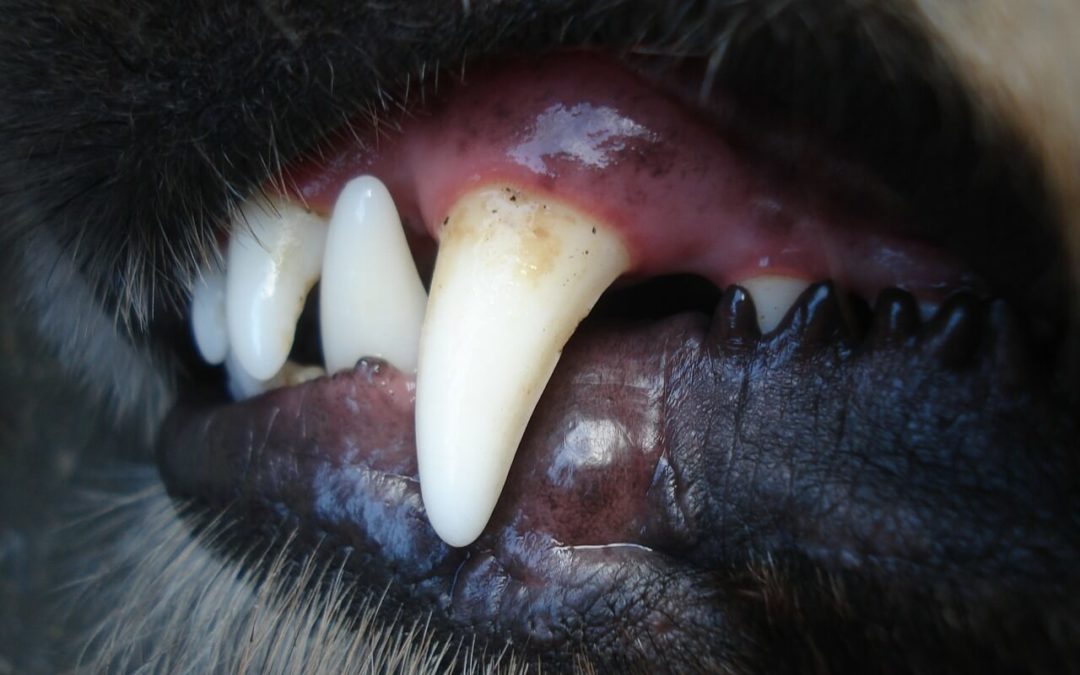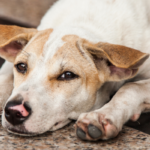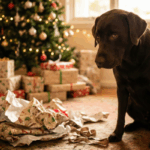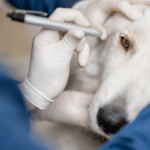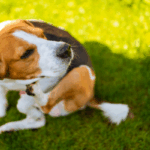Our pets need good dental hygiene to maintain healthy teeth and gums throughout life. With poor dental hygiene, plaque and tartar begin to form on the teeth. Plaque and tartar cause gingivitis, which is painful inflammation of the gums. Eventually this may lead to destruction of the supporting structures of the tooth, which attach it to the jaw bone. Such damage to the supporting structures may result in loss of the tooth. Bacteria in plaque can also enter the bloodstream and spread to the vital organs. Long term dental disease is one of the most common causes of heart and kidney failure.
So how do you keep your pet’s teeth healthy and their breath fresh?
– Annual health checks with a veterinarian. During a health check your pet’s mouth will be examined (providing appropriate temperament) along with a full physical exam. This is a great opportunity to discuss dental care for your pets. In some animals more prone to dental disease, it may be recommended to have examinations every 6 months.
– Scale and polish of teeth under a general anaesthetic. A general anaesthetic is required to allow full examination of all teeth without distress to the patient. Whilst under anaesthetic a dental ‘sealant’ called Sanos™ can also be applied to protect against bacterial build up for 7 months.
– Brushing your pet’s teeth with a special pet toothbrush and toothpaste is the ‘gold standard’ in pet dental care. Daily brushing is ideal. Not every pet will tolerate teeth brushing but you will get the best results the younger it is started as it will become routine for them.
– Feeding quality dry food such as Hills™ Oral Care or Hills™ t/d. These diets are clinically proven to reduce plaque and tartar build up. They are much chewier than regular dry food promoting mechanical cleaning of the teeth as they eat.
– Healthy Mouth™ is a highly accepted additive to daily drinking water which freshens pet’s breath and improves oral health. It has been clinically proven to significantly reduce plaque formation.
– Maxiguard™ Oral Cleansing Gel is applied daily to your pet’s teeth to cleanse and freshen the oral cavity.
– Supplementing diet with special dental treats (such as Oravet™ or Greenies™), raw fibrous vegetables or providing rawhide chews.
We do NOT recommend feeding raw bones due to the risk of tooth fracture, constipation, obstructions and gastrointestinal upsets/infections. Cooked bones should NEVER be fed to a dog or cat.

